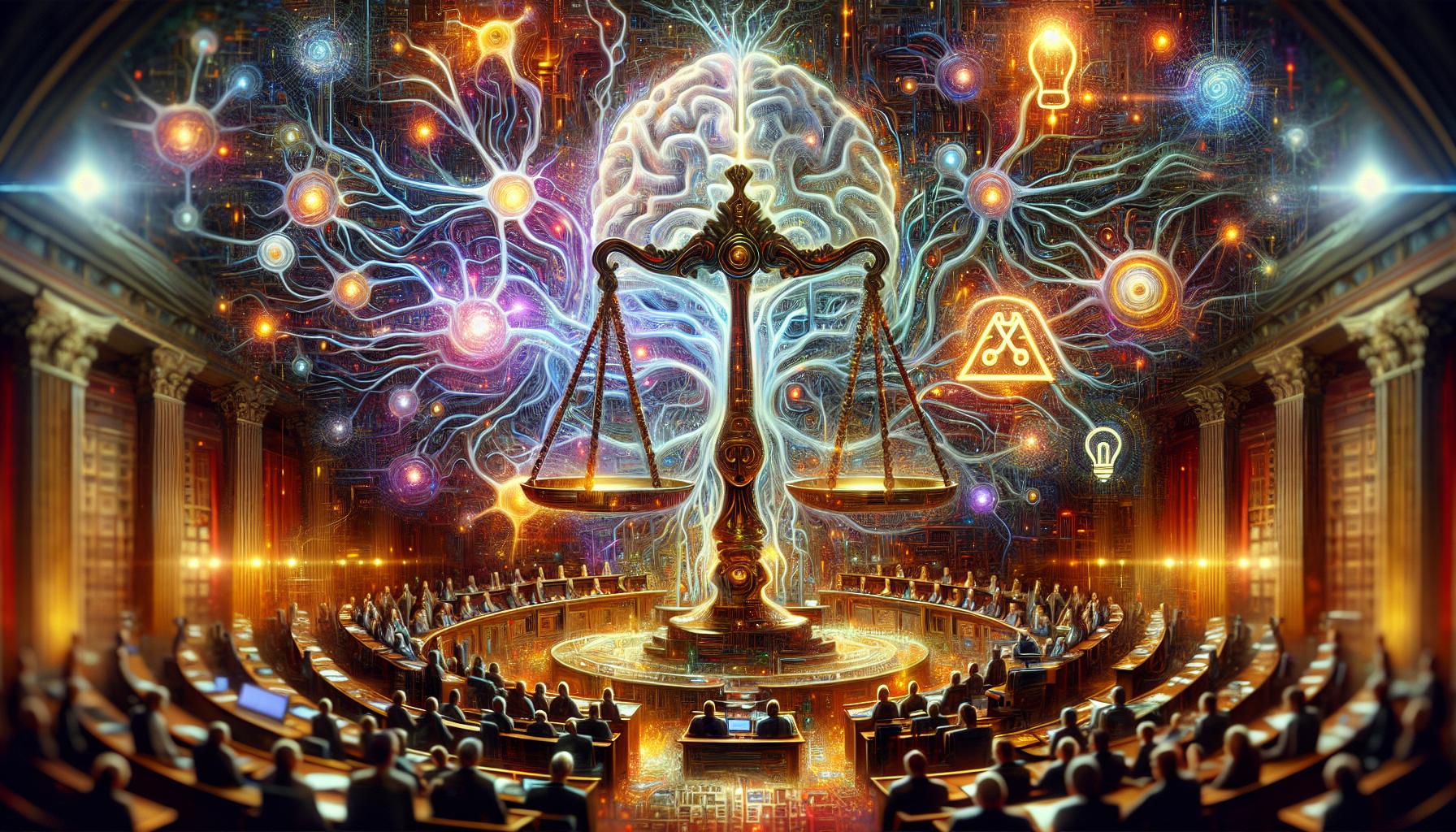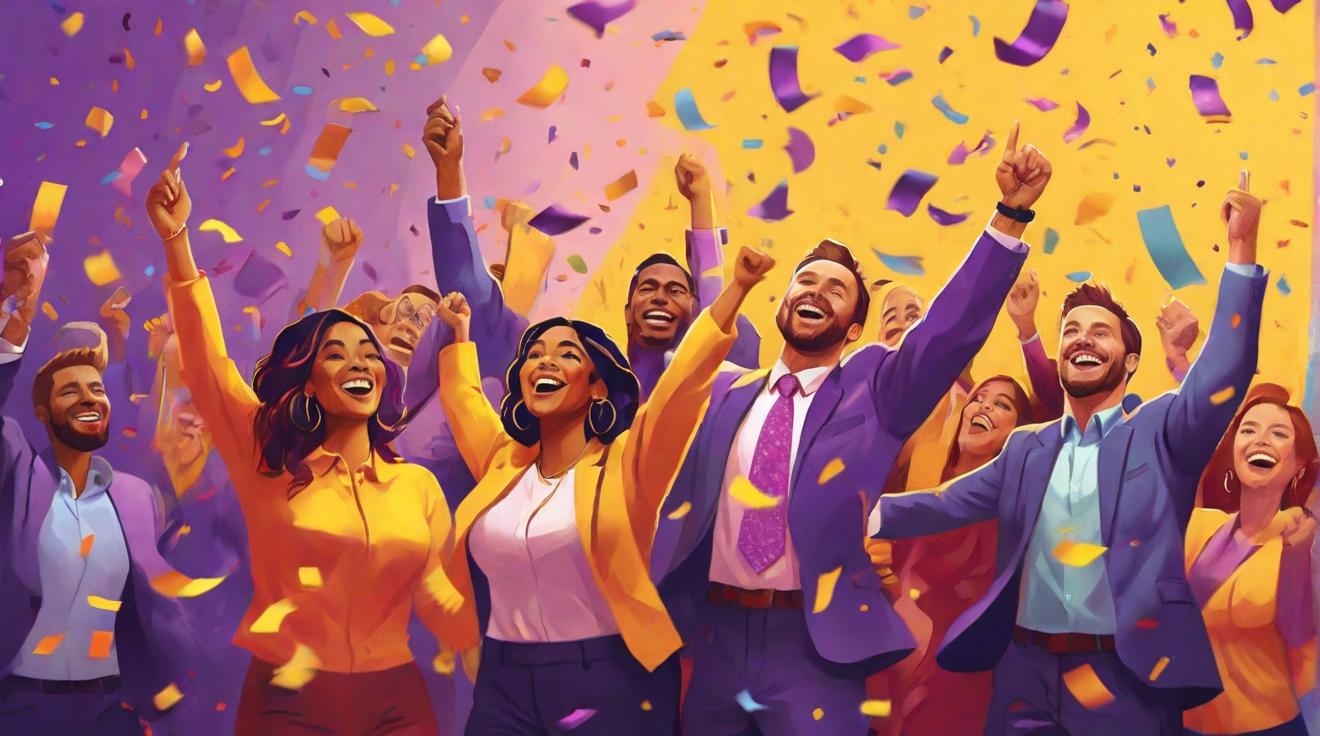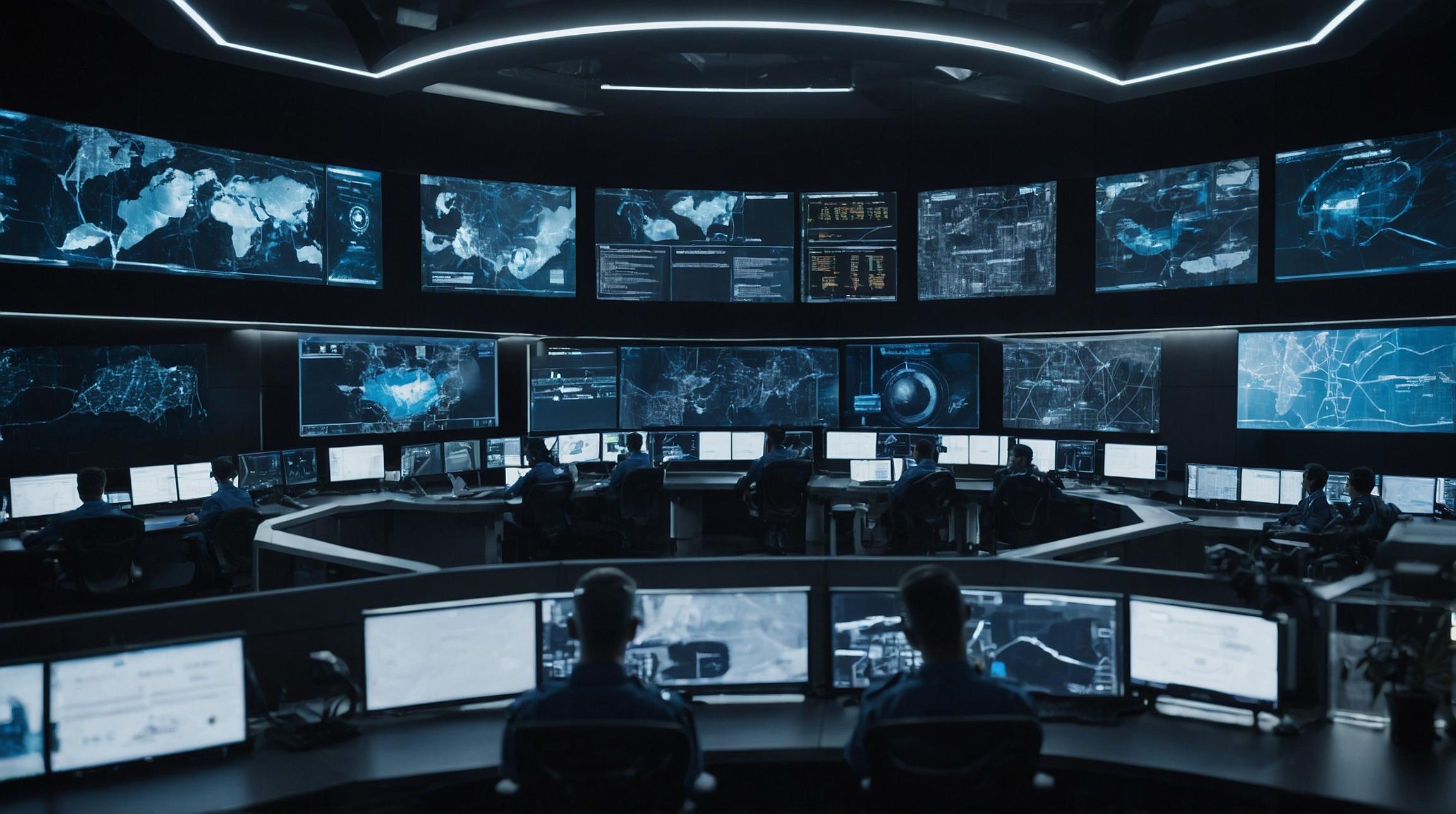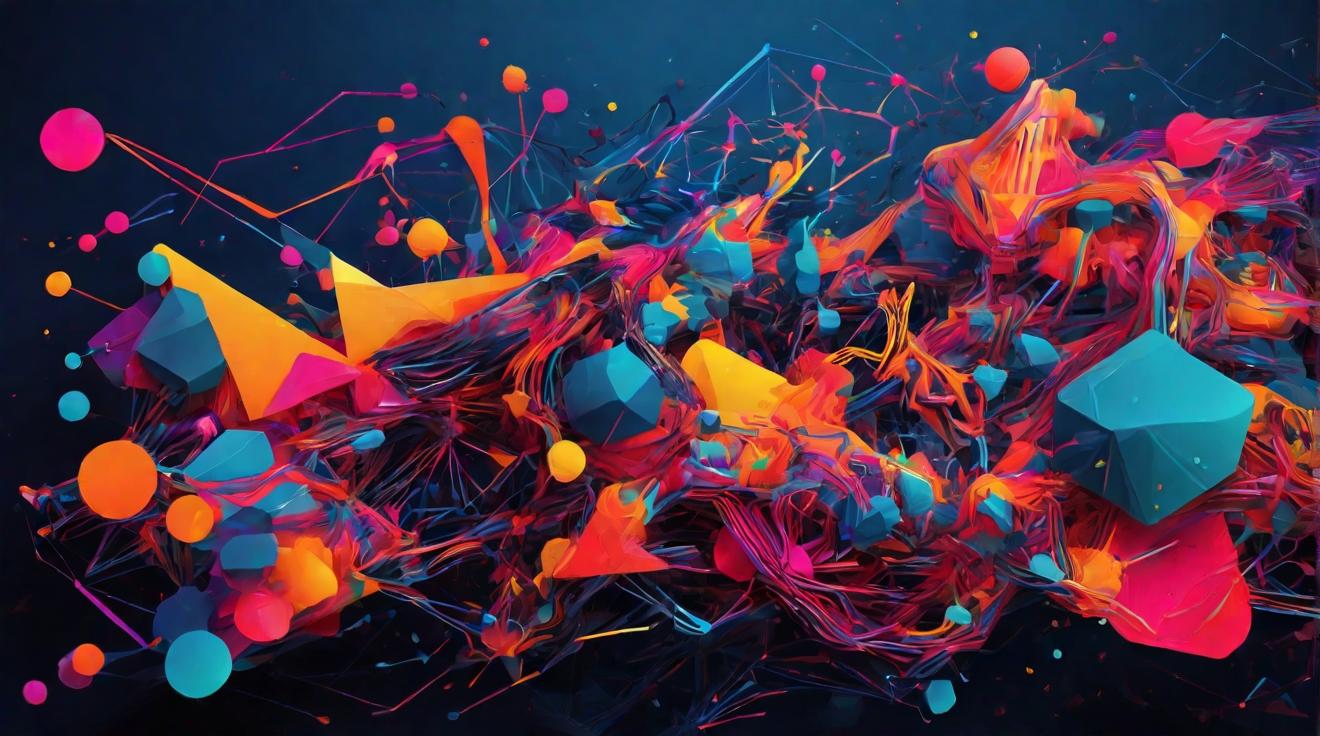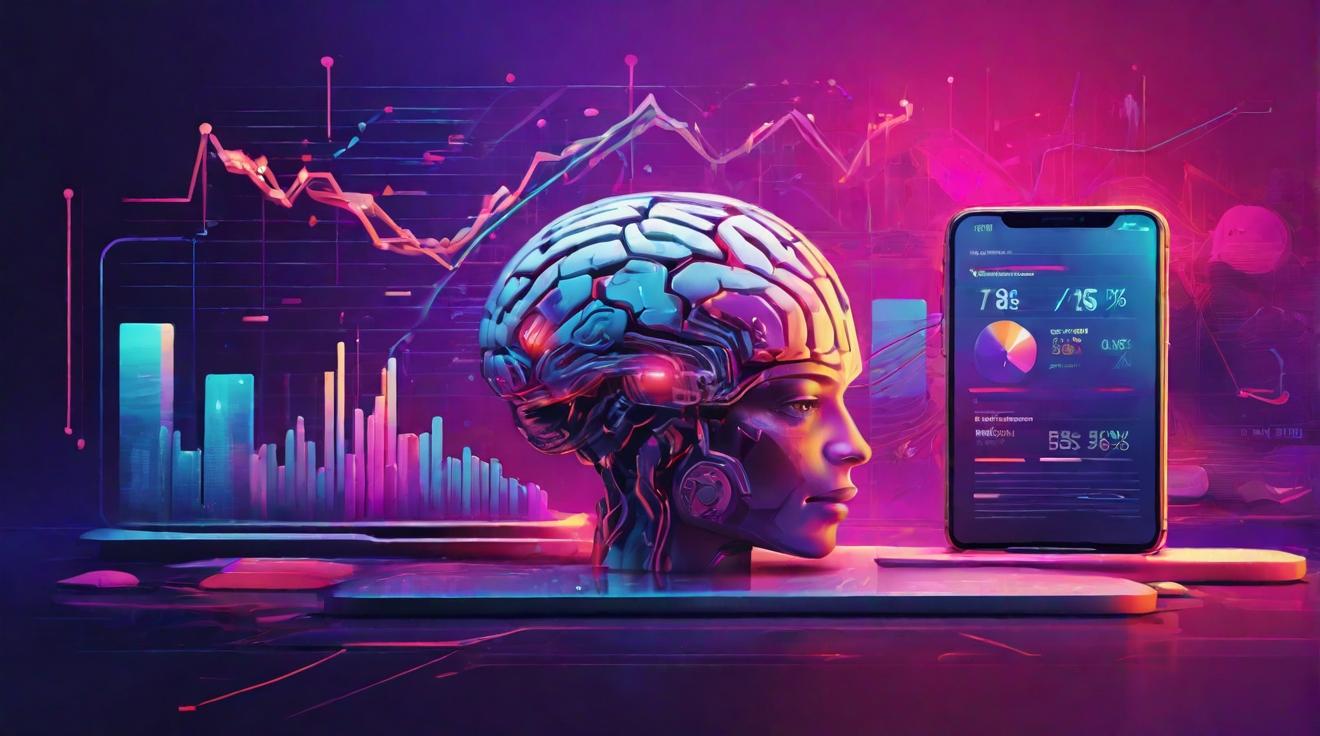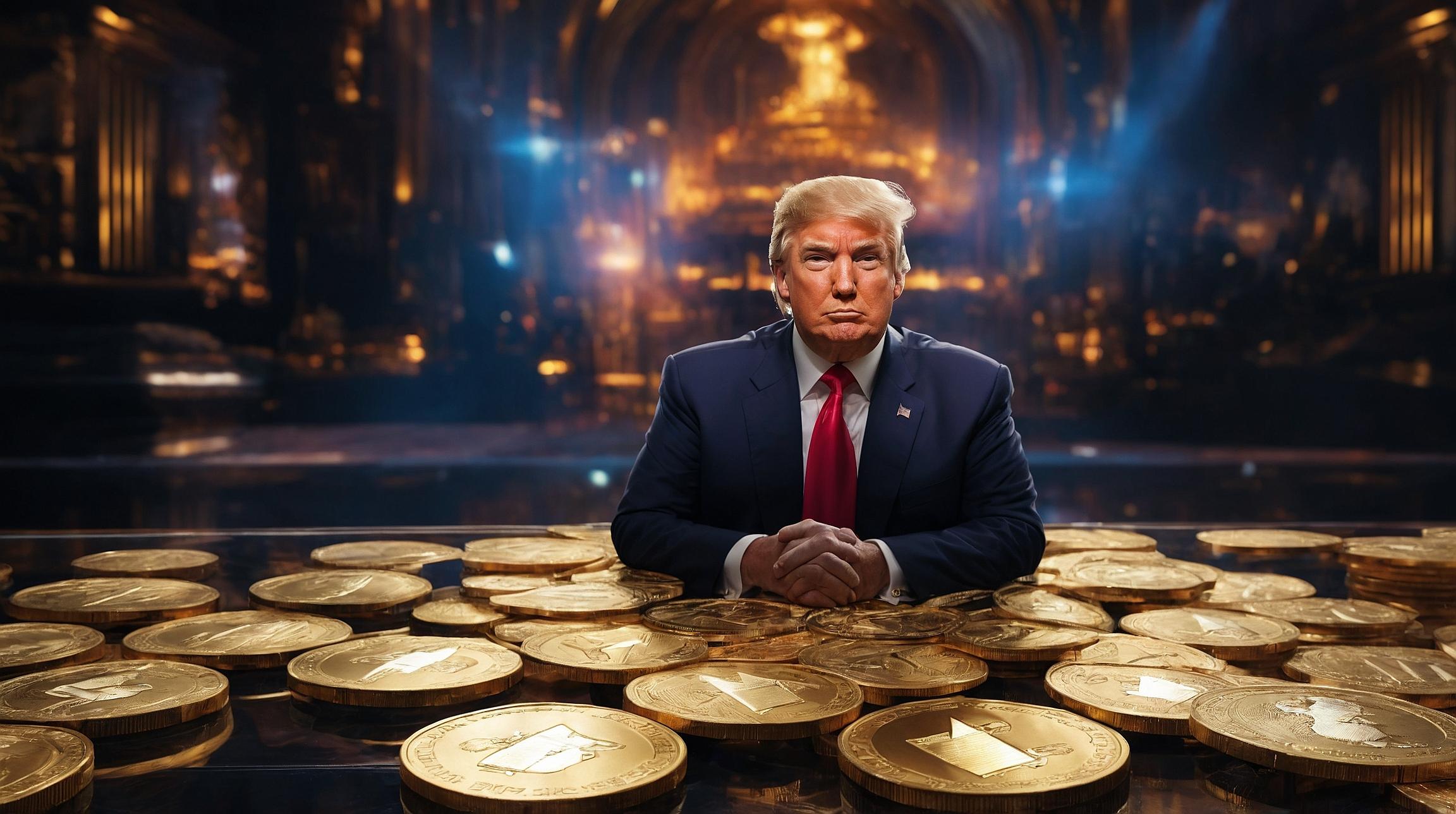Chief Justice Roberts: AI Can’t Replace Judges for this Reason
In a recent report from the Office of the Chief Justice of the United States, Chief Justice John Roberts addressed the topic of artificial intelligence (AI) and its potential to replace judges. However, rather than focusing on the impact of AI in the legal field, Roberts embarked on a digression about the history of the typewriter and the importance of human judges. He argued that judges are irreplaceable because of the unique skills and reasoning they bring to the judicial process. While some critics found his comments out of touch and self-serving, others saw it as an attempt to deflect from the ongoing issues within the judiciary, such as ethical concerns and nationwide injunction problems.
The Misunderstanding of Plagiarism in the Legal Context
Plagiarism is a topic that often arises in academic and legal discussions, and there seems to be a misunderstanding of its application in the legal context. The recent accusations of plagiarism against Harvard President Claudine Gay highlight this confusion. Critics wrongly claimed that Gay committed plagiarism by directly quoting from statutes in her writings. In reality, referencing statutes directly is not only proper but also necessary in legal writing. Quoting from statutes helps lawyers and judges accurately convey legal concepts and interpretations. The accusations against Gay, therefore, seem to stem from a misunderstanding of the proper use of citations in legal writing.
The Debate Over Plagiarism and Academic Standards
The issue of plagiarism goes beyond the legal context and has significant implications for academic standards. Some argue that plagiarism rules limit intellectual inquiry and unfairly reinforce hierarchies in academia. Students often bear the brunt of plagiarism accusations, while established professors may appropriate their work without proper credit. However, others believe that plagiarism rules are necessary to maintain integrity and prevent academic dishonesty. Finding a balance between fostering creativity and ensuring ethical practices is an ongoing debate within academic institutions.
Law Firm Sues Another for Alleged Motion Plagiarism
In a peculiar case, one law firm has filed a lawsuit against another firm, claiming that they plagiarized a motion. The plaintiff argues that they hold a copyright interest in the motion they previously filed on the record. Critics argue that once a document is filed and becomes part of the public record, it should be considered public domain. This case raises questions about the extent to which legal documents can be copyrighted and the limits of plagiarism accusations in the legal field.
Criticism of Supreme Court Justice Clarence Thomas Grows Amid Plagiarism Rumors
Supreme Court Justice Clarence Thomas has faced increased criticism recently, with some accusing him of plagiarism. These allegations stemmed from the similarities between passages in his book and other published works. However, it is important to note that legal writing often involves discussing the same statutes and legal concepts, so similarities can occur naturally. While proper attribution and citation are crucial, it is crucial not to jump to conclusions about plagiarism without considering the specific context and intent.
The discussions around plagiarism in academia and the legal field highlight the need for a nuanced understanding of the rules and standards. While plagiarism should be discouraged, it is important to differentiate between intentional misconduct and the appropriate use of citations and references. As technology continues to evolve and influence the ways we communicate and create content, it becomes even more essential to have clear guidelines for maintaining integrity and academic standards.
Analyst comment
1. Chief Justice Roberts: AI Can’t Replace Judges for this Reason – Negative news. As an analyst, the market for AI in the legal field may face skepticism and slower adoption due to the Chief Justice’s comments, but technological advancements will still continue to shape the legal industry.
2. The Misunderstanding of Plagiarism in the Legal Context – Negative news. The market for plagiarism detection tools and services may face challenges as the misunderstanding of plagiarism persists, but there will still be a demand for such tools from academics and legal professionals.
3. The Debate Over Plagiarism and Academic Standards – Neutral news. The market for plagiarism-related services may experience some fluctuations as the ongoing debate continues, but there will always be a need for maintaining academic integrity and preventing plagiarism.
4. Law Firm Sues Another for Alleged Motion Plagiarism – Neutral news. The legal market may see some discussions and legal precedents being set on the copyrightability of legal documents, but the impact on the overall market will be limited.
5. Criticism of Supreme Court Justice Clarence Thomas Grows Amid Plagiarism Rumors – Neutral news. The market for legal writing and citation tools may face temporary scrutiny, but the overall impact on the market will be minimal as long as proper attribution and citation practices are followed.





